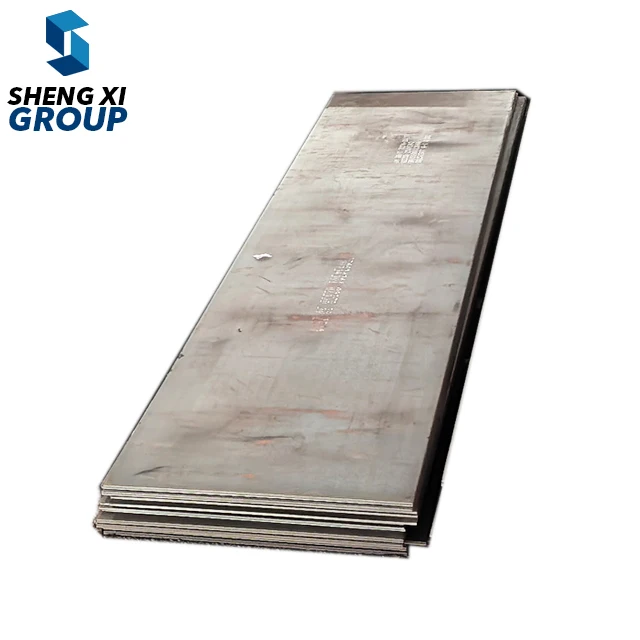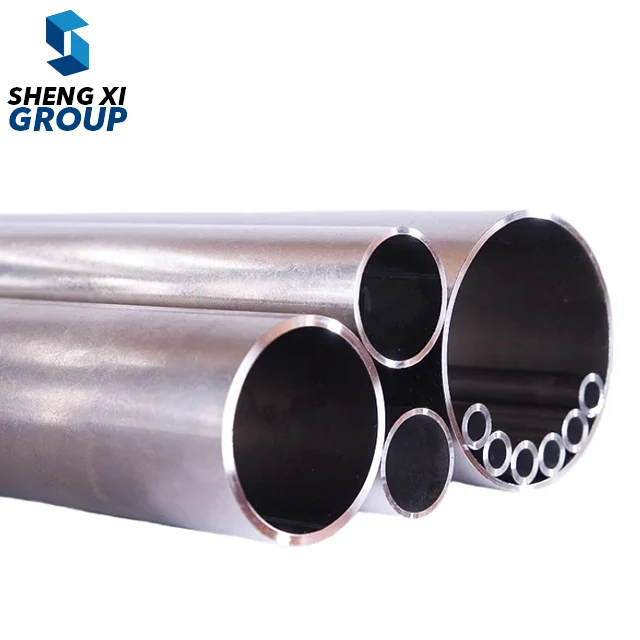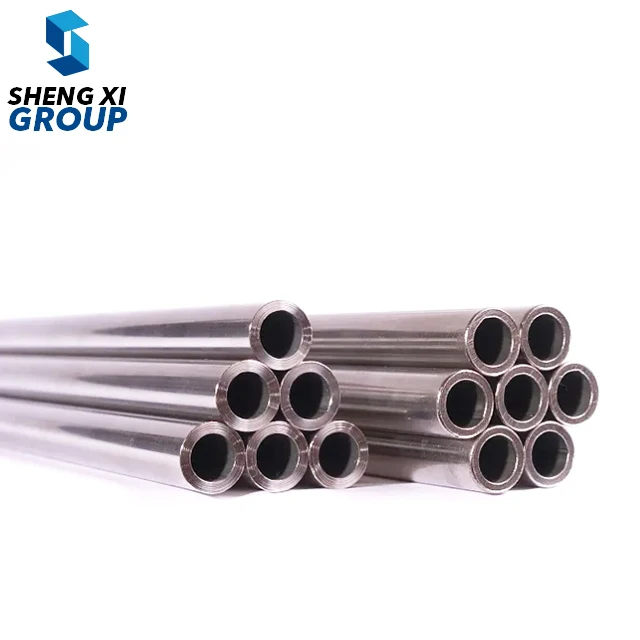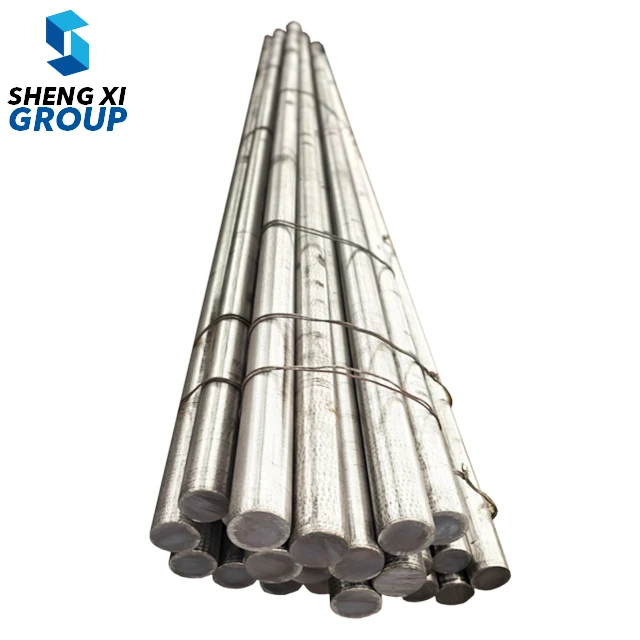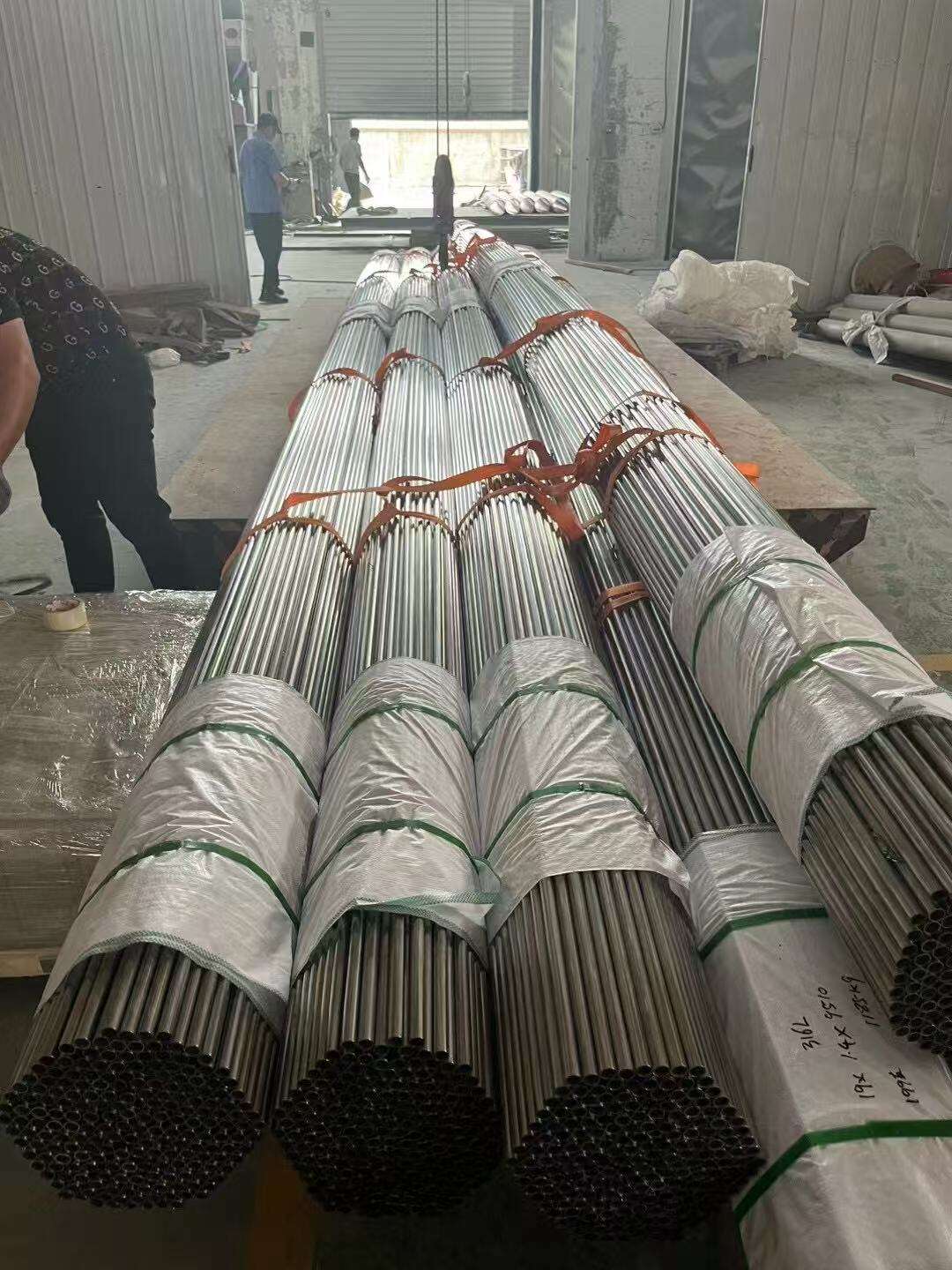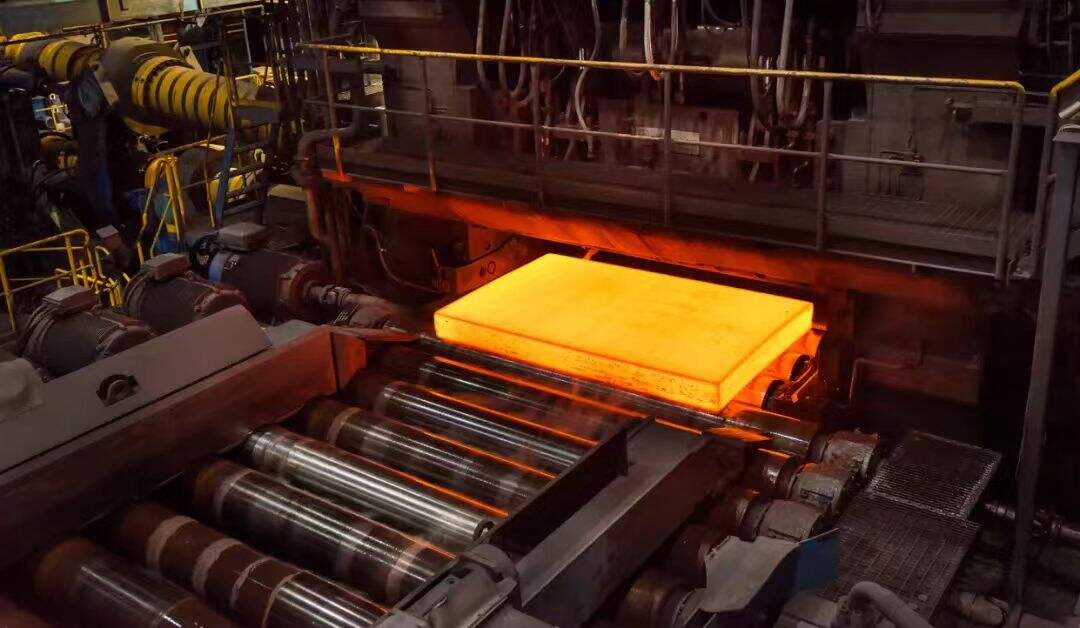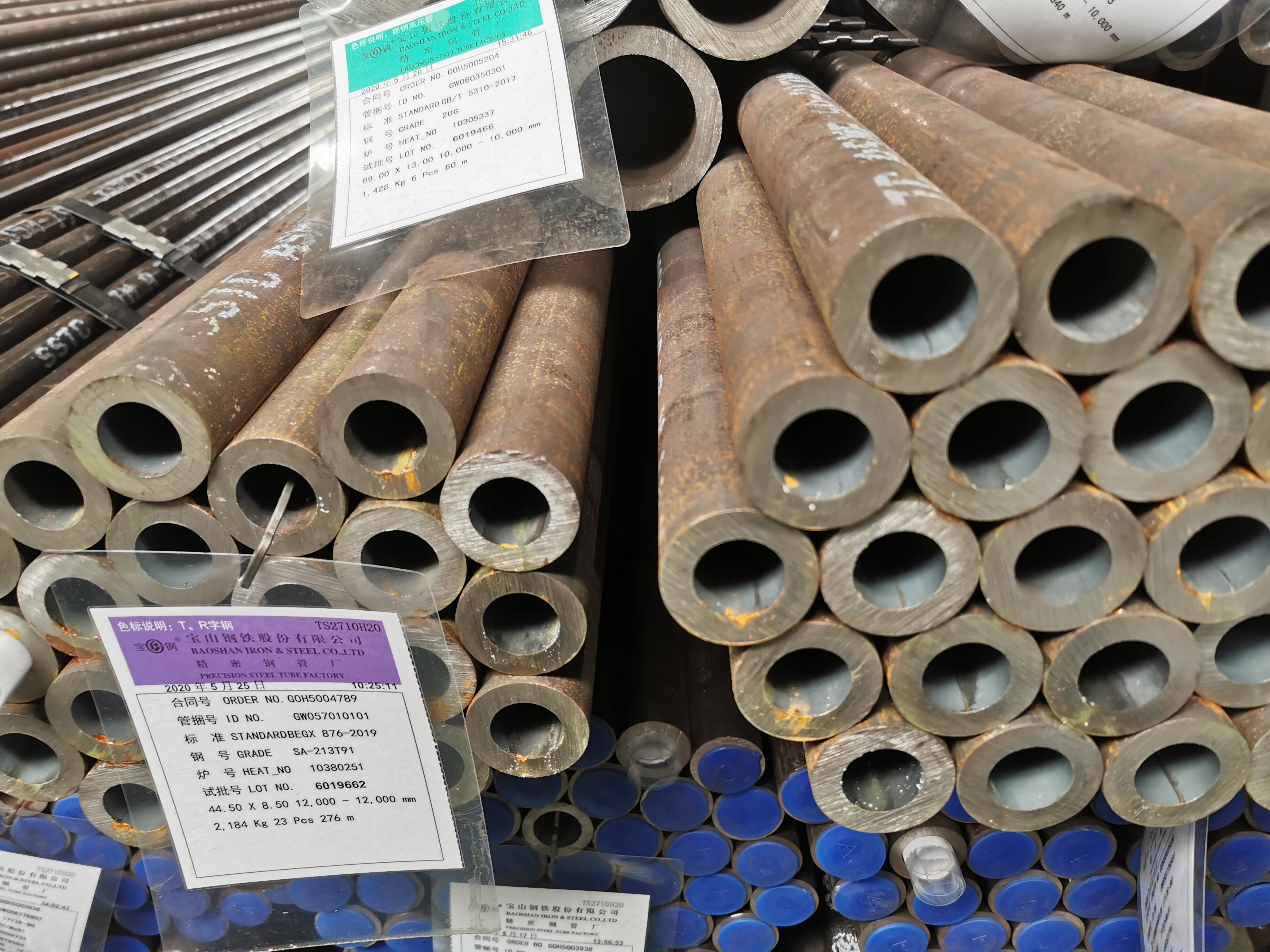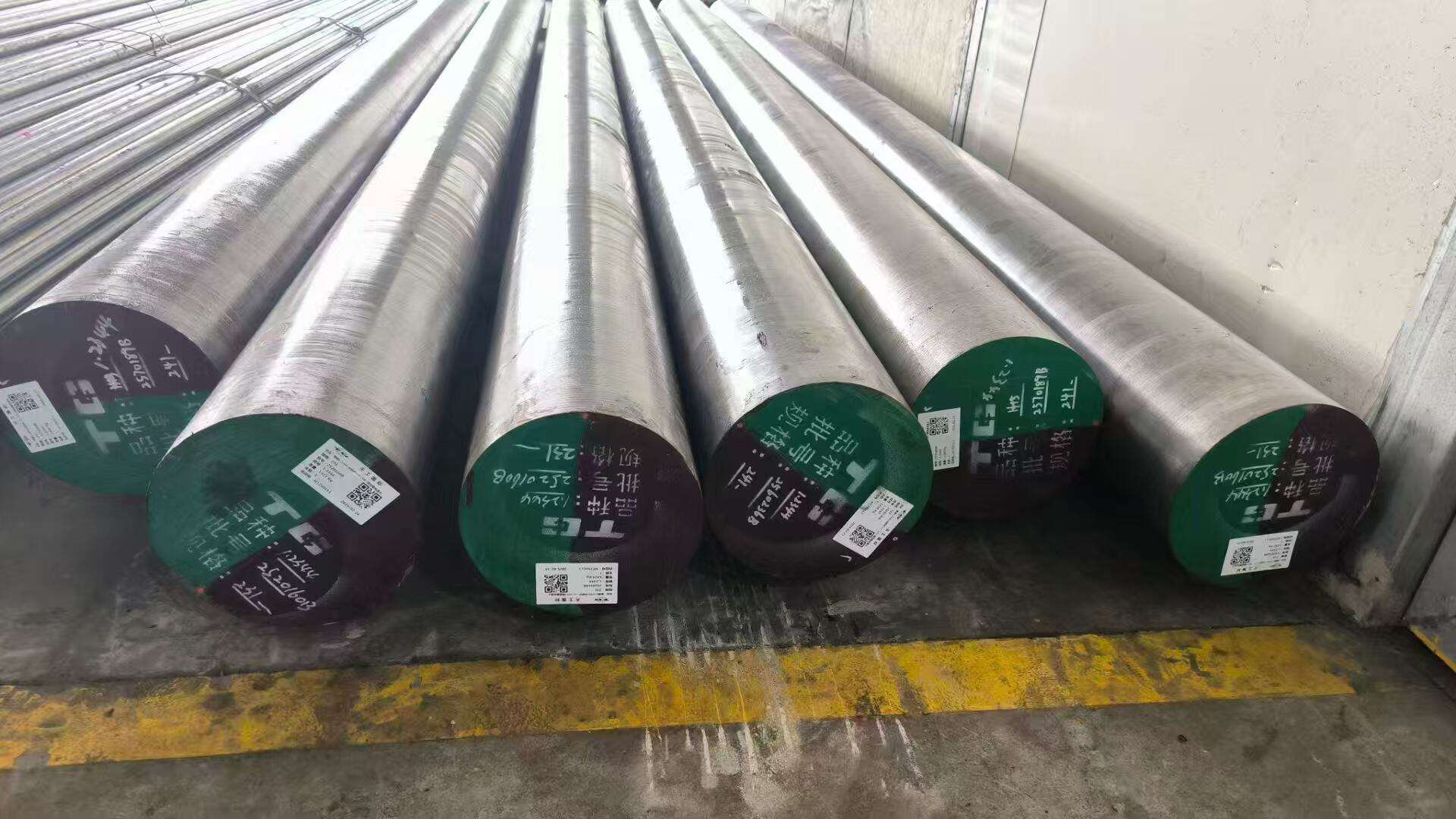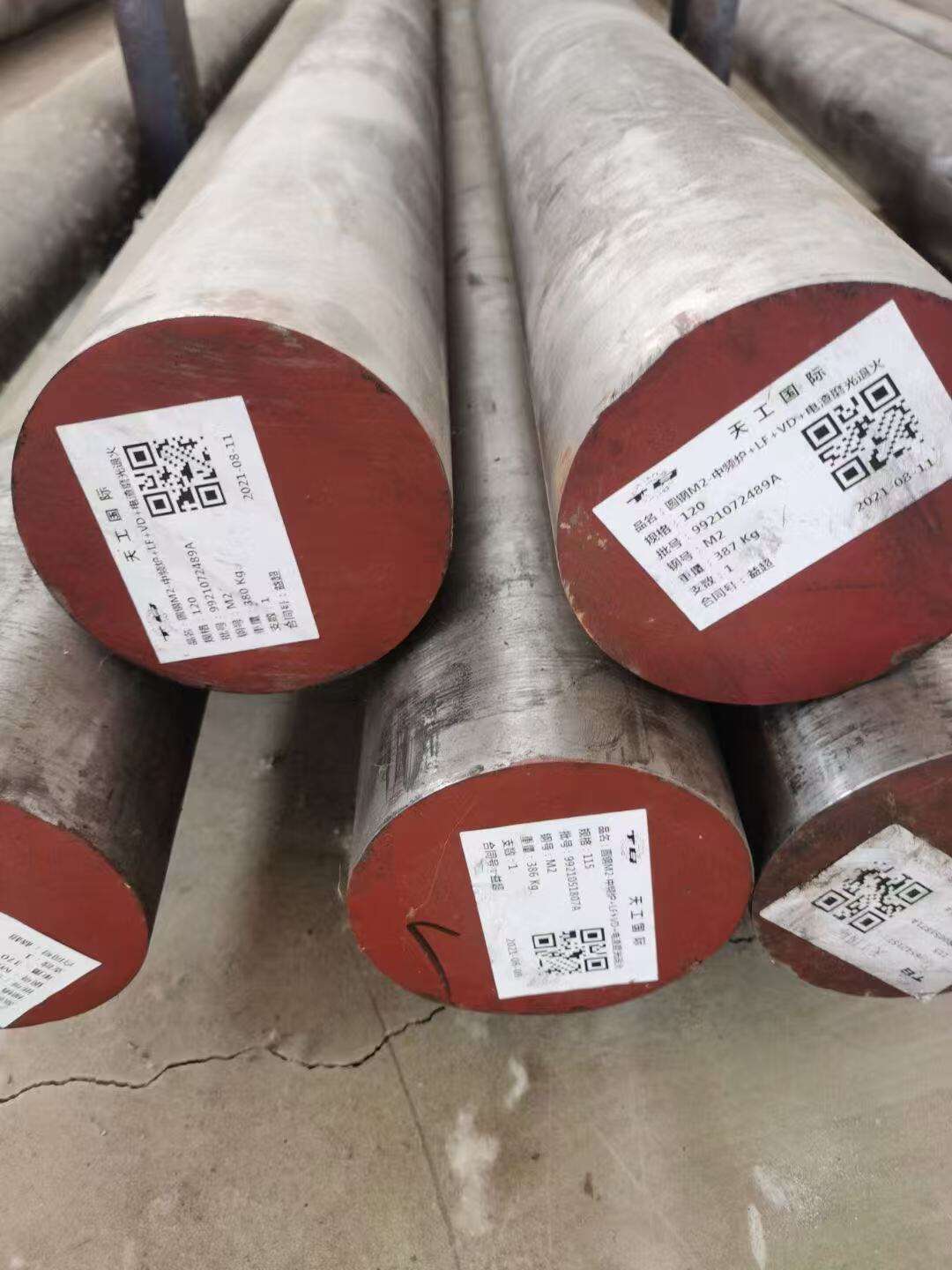tool steel
Tool steel represents a specialized category of alloy steel engineered specifically for manufacturing cutting tools, dies, molds, and other industrial equipment that requires exceptional hardness, wear resistance, and dimensional stability. This remarkable material combines carbon with various alloying elements such as tungsten, molybdenum, vanadium, chromium, and cobalt to achieve superior performance characteristics that standard steels cannot match. The primary function of tool steel centers on withstanding extreme mechanical stress, maintaining sharp cutting edges, and preserving dimensional accuracy under demanding operational conditions. Tool steel exhibits remarkable heat resistance, enabling it to perform effectively at elevated temperatures without losing its structural integrity or hardness properties. The technological features of tool steel include high carbon content typically ranging from 0.7 to 1.4 percent, which provides the fundamental hardness required for cutting applications. Advanced metallurgical processing techniques such as vacuum melting and controlled atmosphere heat treatment ensure consistent quality and eliminate impurities that could compromise performance. Tool steel demonstrates exceptional wear resistance through its fine carbide structure, which creates a hard matrix capable of maintaining sharp edges and precise dimensions throughout extended service life. Applications for tool steel span numerous industries including automotive manufacturing, aerospace production, medical device fabrication, and precision machining operations. Common applications include drill bits, end mills, punches, dies for stamping operations, injection molding components, and cutting blades for various industrial processes. The versatility of tool steel makes it indispensable for creating complex geometric shapes, maintaining tight tolerances, and achieving superior surface finishes in manufactured components. Modern tool steel grades offer specialized properties tailored to specific applications, such as shock-resistant varieties for impact tools, high-speed grades for machining operations, and corrosion-resistant types for challenging environmental conditions.

